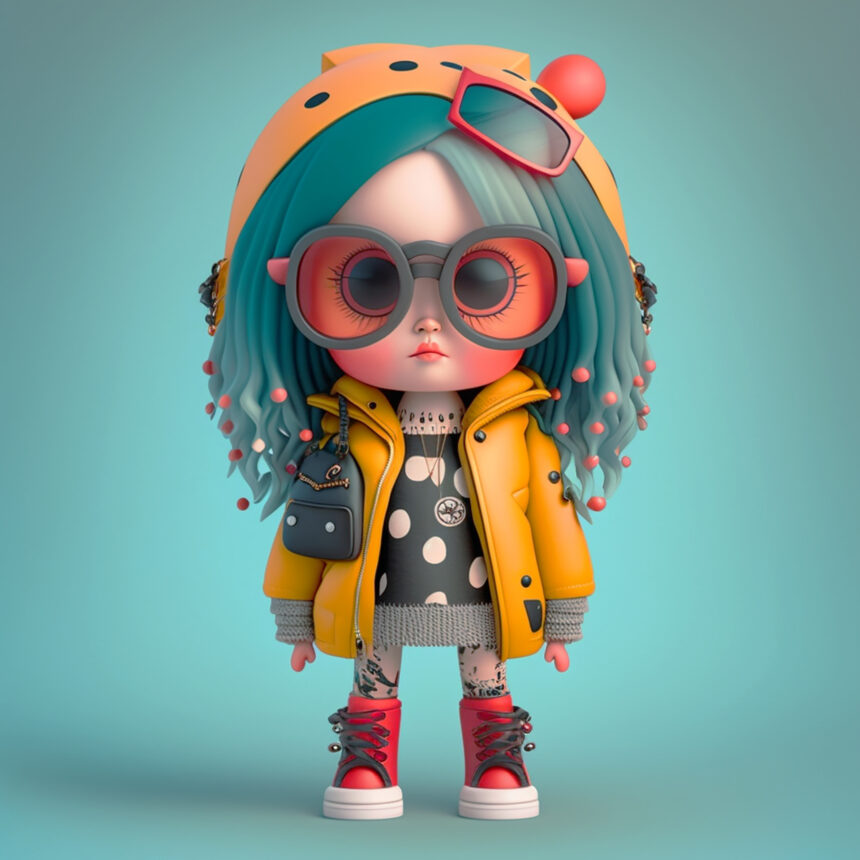In recent years, the world has witnessed the rise of non-fungible tokens (NFTs) and their impact on various industries. One of the areas where NFTs have gained significant traction is virtual fashion. This emerging trend has opened up new opportunities for individuals to express their creativity and personal style in the digital realm. In South Africa, the concept of dressing avatars with NFT-based virtual fashion has gained popularity, allowing people to embrace their cultural heritage while exploring innovative fashion trends.
NFTs, in essence, are unique digital assets that can represent ownership or proof of authenticity of a digital item, such as an image, video, or even virtual fashion. By utilizing blockchain technology, NFTs ensure that each item is distinct, verifiable, and cannot be replicated. This unique quality has paved the way for the virtual fashion industry, enabling fashion enthusiasts to buy, sell, and collect digital clothing items that can be worn by their avatars in virtual worlds and online gaming platforms.
South Africa, with its rich cultural heritage and diverse fashion landscape, has been quick to embrace the virtual fashion movement. South Africans have a deep sense of pride in their traditions, and virtual fashion offers an exciting way to showcase their cultural identity. Avatars can be dressed in traditional attires inspired by different South African tribes, such as Zulu, Xhosa, Sotho, and Ndebele, among others. The intricate patterns, vibrant colors, and unique designs of these traditional garments can now be beautifully recreated in the digital realm.
NFT-based virtual fashion also presents an opportunity for emerging South African designers to showcase their talent and creativity on a global stage. By creating unique digital clothing items and putting them up for sale as NFTs, designers can reach a wider audience and gain recognition beyond traditional fashion boundaries. This opens up avenues for collaborations and partnerships with international brands and platforms, further elevating South Africa’s fashion industry.
Moreover, virtual fashion offers a more sustainable alternative to the traditional fashion industry, which is notorious for its environmental impact. By embracing digital clothing, South Africans can reduce their carbon footprint and contribute to a greener future. Virtual fashion eliminates the need for physical production, reducing textile waste and carbon emissions associated with manufacturing and transportation. This aligns with South Africa’s commitment to sustainability and addresses the growing global concern for the environment.
The impact of NFT-based virtual fashion extends beyond personal expression and sustainability. It also has the potential to empower local communities and create economic opportunities. Artists, designers, and content creators can monetize their digital creations by selling them as NFTs, allowing them to earn a fair income and support their livelihoods. Additionally, virtual fashion opens doors for collaborations between local artisans and digital designers, fostering cultural exchange and preserving traditional craftsmanship.
However, as with any emerging trend, there are challenges and considerations to address. The accessibility of NFTs and virtual fashion must be taken into account to ensure that it is an inclusive space for everyone. Efforts should be made to bridge the digital divide, providing the necessary tools and resources for individuals from all backgrounds to participate in this growing industry. Education and awareness campaigns can also help people understand the potential of NFTs and virtual fashion, dispelling any misconceptions or reservations they may have.
In conclusion, NFTs and virtual fashion have introduced a new dimension to self-expression, sustainability, and economic empowerment in South Africa. By dressing avatars in NFT-based virtual fashion inspired by their cultural heritage, South Africans can celebrate their traditions and share their stories with the world. The intersection of technology, creativity, and fashion has opened up exciting possibilities, and South Africa is at the forefront of this digital revolution, making its mark on the global virtual fashion scene.










